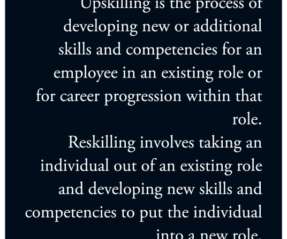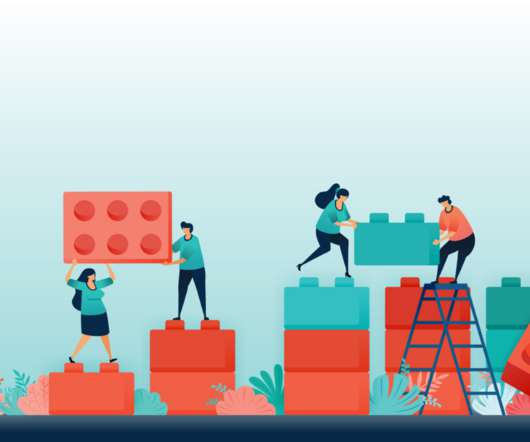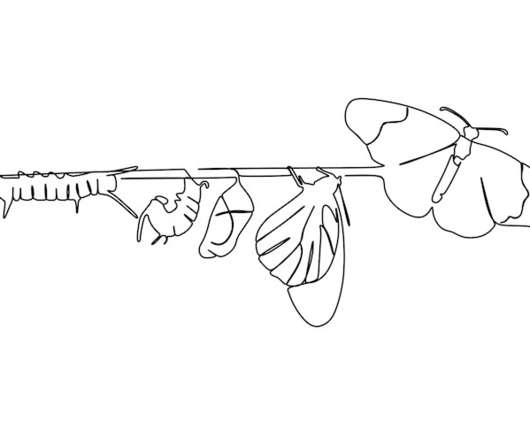The Reskilling Revolution versus the ‘clay layer’
CLO Magazine
SEPTEMBER 22, 2020
A Reskilling Revolution will depend critically on a mentally agile workforce that is willing and able to change as the demand characteristics for labor change. I contend that a broad swath of the global workforce has not practically adopted a lifelong learning approach, nor has it adopted the mental agility to change and grow.




















Let's personalize your content